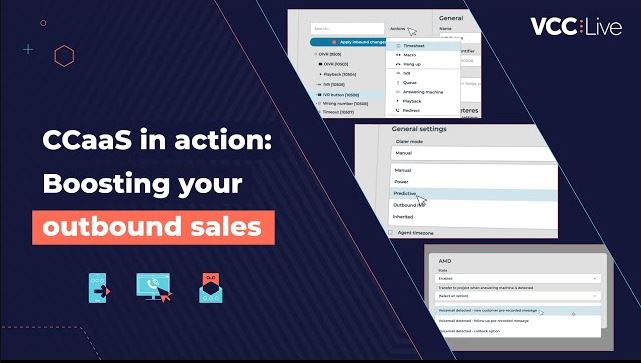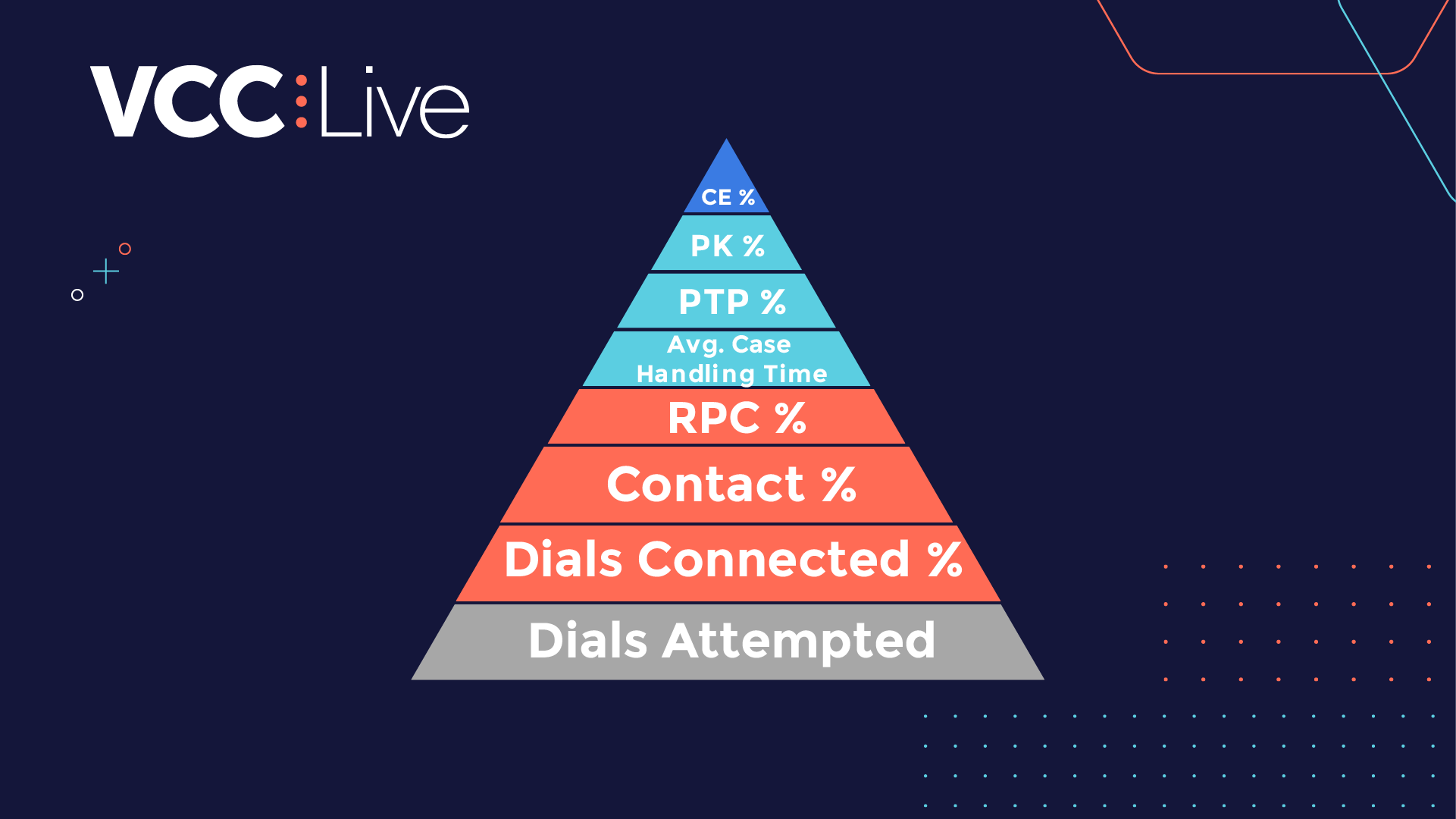No matter how good your product or service is, customers will more often than not have objections that will make them hesitate before making a purchase.
Many sales people think of sales objections as a bad thing, but if you know how to successfully handle them, and more importantly which one of the objections you need to handle, they’ll help you better understand your customers’ needs and ultimately see the whole picture before making an offer.
In the first article of our sales strategies article series, I talked about the most important cold sales call strategies you’ll need to leverage in order to sell more. In this article, I will elaborate on one of the most important strategies in sales: how to successfully handle sales objections.
Tip 1. Every sales objection is actually an opportunity
The fact that your customers are raising a concern regarding your product or service means that they might in reality have the intention to buy it, but they just need more information or affirmation. It’s definitely a good start, as if they were completely uninterested, they would just simply say no without making any objections.
So, my first and most important tip is to think of every sales objection as an opportunity to sell: try and turn objections into selling by addressing them right away in a professional manner. Read on to find out how!
Tip 2. Listen carefully before reacting
When a customer starts raising an objection, instead of immediately reacting negatively, disagreeing, or pushing them too hard to proceed with the purchase anyway, make sure to listen carefully and wait until they finish sharing their concerns.
Also, make sure to show your prospect that you’re actively listening by validating your listening skills. For instance, summarize what they’ve just told you and ask relatable questions.
However, when summarizing, make sure to avoid negative words and start handling the objection by reassuring the customer. For example, let’s say your customer says your solution is not the best for them because it’s too expensive and they already have a similar solution. In this case, remind the customer that even though they have a similar solution, they started to look for another option and there might be a reason for that.
When listening to a sales objection, don’t forget the golden rule of commerce: the customer is always right (or should be made to feel that they are right). So, even if you don’t agree with what they are saying at the beginning, wait until they finish and respond in a way that makes them feel they are right.
Tip 3. Find out their real concerns
Quite often the first objections are not the customer’s real concern regarding your product. For example, your customer might feel embarrassed to admit that your offer is too expensive for them. On the other hand, some customers may simply refer to the easiest and most common type of objection there is, namely, objection based on price.
In both cases, customers might actually have every intention of making the purchase, so it’s worth asking a few additional questions to discover what their real objections are before you start handling the first concern they raise.
Don’t forget, the longer you engage with them the more they will trust and open up to you. And once you know their real concerns, you can genuinely answer and handle them.
Tip 4. Redirect the conversation
We all know how easy it is to engage in lengthy conversations. Indeed, elaborating on prospects’ objections can easily result in the focus of your conversation moving from selling to superfluous small talk.
So, once you feel you properly answered your customers’ objections and concerns, it’s time to move the conversation back to your ultimate goal, namely to sell your product or services.
After the objections have been handled, quickly summarize what you were talking about, ask your customers if they have any other questions or concerns, and proceed with closing the deal. The customer needs to be brought back into the sales flow.
As you can see then, sales objections do not necessarily mean your customers do not want to purchase your product. In fact, sales objections are actually another opportunity to make a sale. So, make sure to follow my tips and don’t let objections prevent you from selling more!















